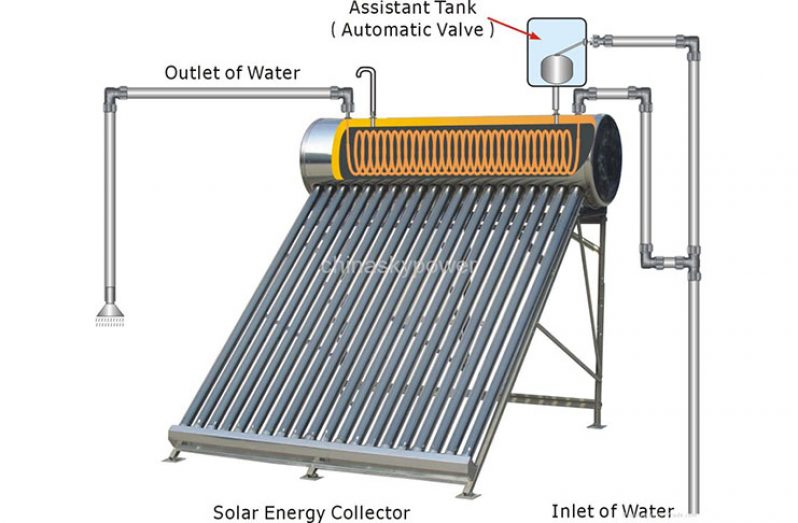IN the hotel industry, water-heating is the largest single end use for energy, making up almost a third of total energy use, said the Guyana Energy Agency (GEA). With this in mind, the GEA is creating a platform that merges the realms of technology, financing and green tourism.
The GEA is in collaboration with the Inter-American Development Bank (IDB) and the Hinterland Electrification Company Inc. (HECI). According to Minister of Public Infrastructure, David Patterson, this is in keeping with the country’s energy policy and strategic direction of the Government of the Cooperative REpublic of Guyana.
Patterson said government remains committed to ensuring that a stable, reliable and economical supply of energy is provided to all persons in Guyana while reducing the country’s dependence on imported fossil fuels and utilising domestic energy resources.
The GEA’s CEO, Dr. Mahender Sharma, advised businesses within the tourism and hospitality sector to take tangible action to incorporate renewable energy and energy-efficiency technology.
“… the GEA was specifically interested in discussing how businesses in this sector can achieve 100 per cent of water-heating needs being met by renewable energy,” Sharma said.
In an effort to understand energy-consumption patterns and energy-conservation opportunities, GEA’s Public Communications Officer Taiwo Williams, said the agency has committed to prepare energy-assessment reports to assist hotels in prioritising their investment decisions.
She explained that follow-up engagements will also be arranged to explore financing opportunities.
The public communications officer noted that a key output of a recent seminar was to reach consensus on a timeline for the hotels to replace electric water heaters with solar water heaters.
“GEA was very pleased to learn that some of the hotels had already converted to using solar water heaters, while others have signed a declaration committing to adopt the renewable-energy technology between the years 2019 to 2022,” she noted.
Further, Williams noted that the energy agency will continue to work with the hotel and hospitality sector by providing support and guidance where necessary to enable businesses within the tourism and hospitality sector to take tangible action to incorporate renewable energy and energy-efficiency technology.
In explaining the system, the GEA officer said solar water heaters make use of the sun’s energy through ‘solar thermal’ technology.
“What this means is that the sun’s energy is harnessed and converted into heat. With growing concerns of global climate change and our dependence on costly fossil fuels that are dangerous to our environment, solar water heaters present an opportunity to not only reduce energy consumption and costs, but assist in reducing our carbon footprint,” she said.
Williams noted that just as consumers chose a 30, 40, 50-gallon electric water heater, persons need to determine the right size solar water heater to install.
She noted that sizing a solar water heater involves determining the total collector area and the storage volume required to provide 100 per cent of a household’s hot water needs.
“A 50-gallon electric water heater will cost about GUY$1M over its 10-year life, but an equally-sized solar water heater will only have a one-time cost of about $330,000 and will serve your hot water needs for more than 20 years,” she noted.
She continued: “Once you recover the higher initial costs of a solar system through reduced or avoided energy costs, your solar system will require expenditures only for maintenance.”



.jpg)








